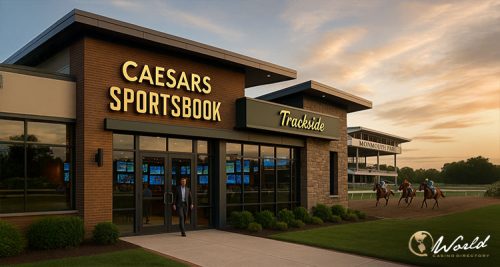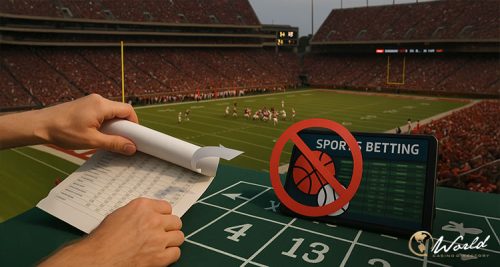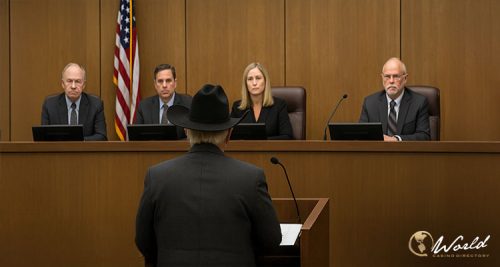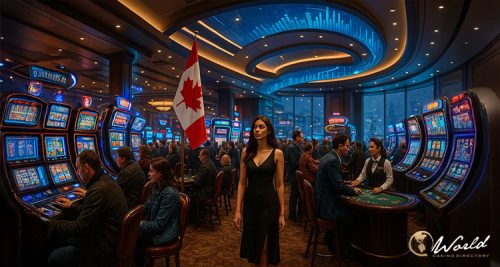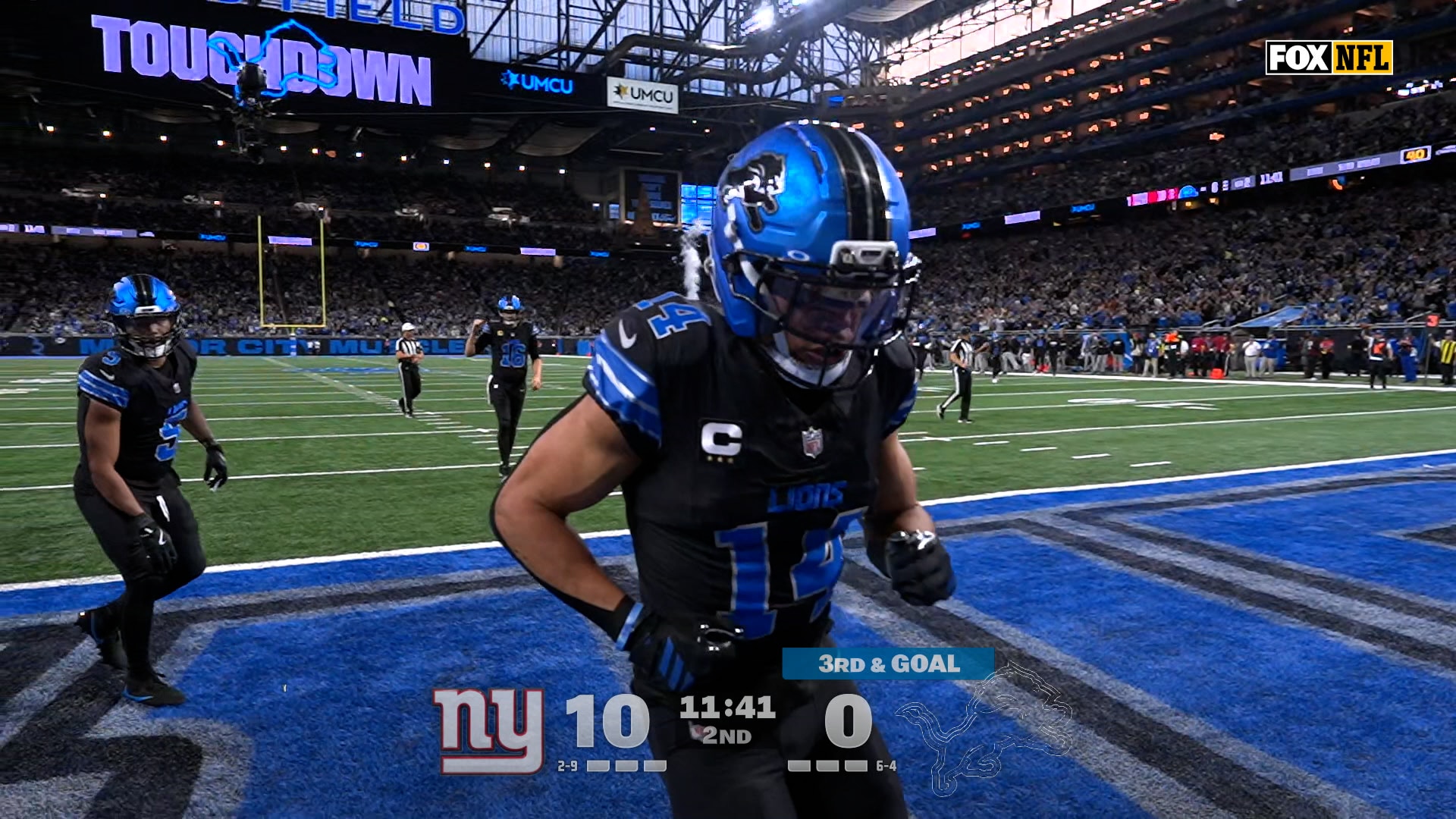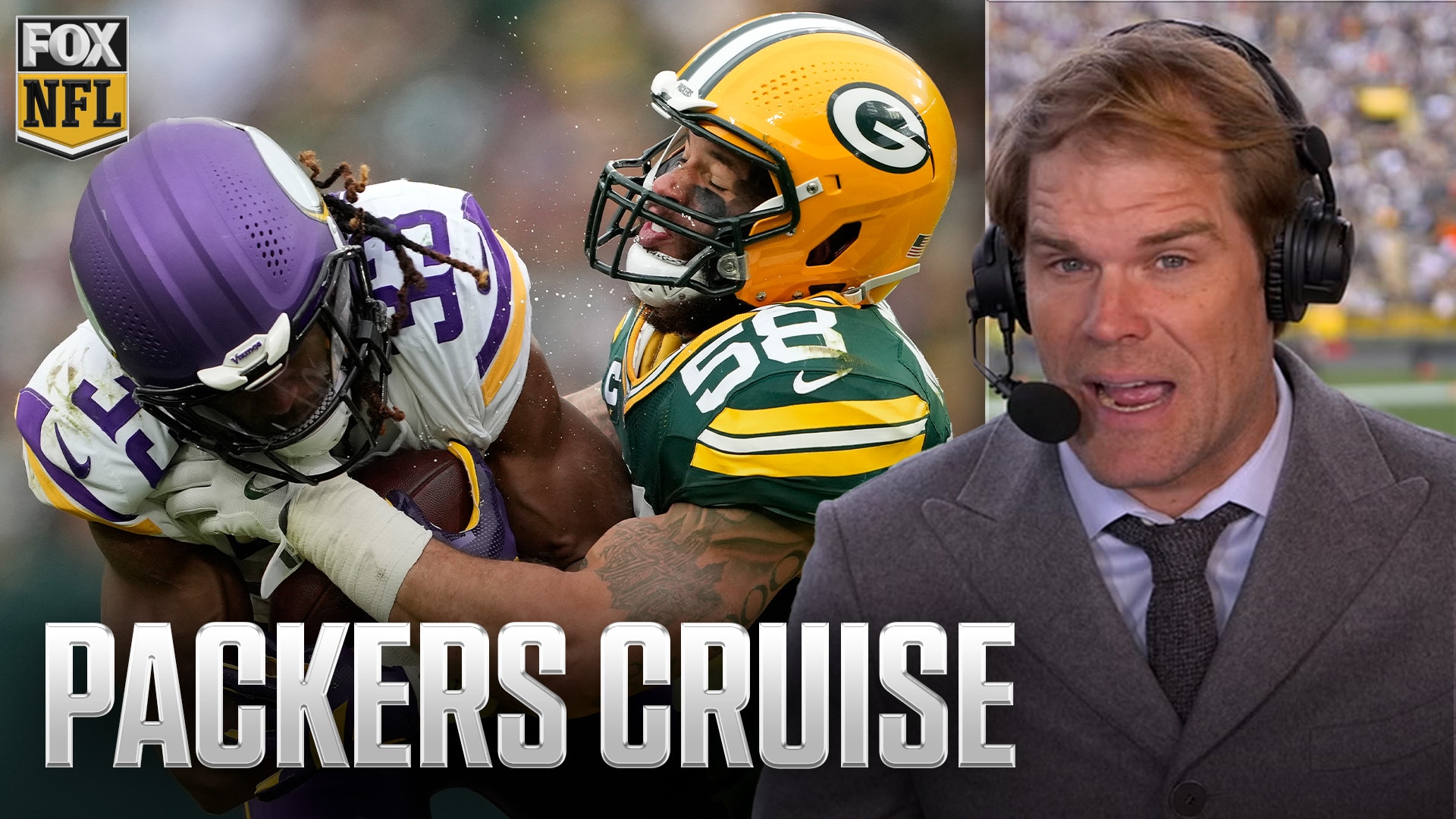From pixels to physical IP
For Play’n GO, the move into land-based gaming represents a strategic evolution of its content focus. CEO and co-founder, Johan Törnqvist, says the company has always viewed itself as, first and foremost, an entertainment creator with online gaming simply being the primary medium for the past two decades. “Since the very earliest days of Play’n GO some twenty years ago, I have always thought of ourselves as an entertainment company. It was never the idea to limit ourselves in that way.”
In recent years, that content footprint has expanded beyond digital screens – a trend increasingly necessary for content to build scalability. Play’n GO’s proprietary characters now appear on merchandise and soundtrack playlists, while the studio actively promotes its intellectual property (IP) through visible storytelling. The step into land-based casinos, Törnqvist explains, is a logical progression of this strategy, affirming the content’s ability to transcend its original medium.
That transition is being achieved through a partnership with Genting Casinos, one of the UK’s leading operators. Together they have developed the BOOM Slots cabinet, designed exclusively for Genting venues. The rollout will showcase a selection of Play’n GO’s best-known titles across more than 30 properties, including London’s flagship Genting Stratford casino.
The collaboration developed quickly, driven by a shared strategic goal to blend proven successful digital content strategies with traditional gaming environments. Early technical trials at Resorts World Birmingham, where the titles have been live for over six months, have demonstrated strong performance, providing both sides with the data necessary to expand the rollout.
Why the UK came first: A controlled testbed
Launching in the UK was a strategic choice. The market has long been central to Play’n GO’s success online, with titles like Book of Dead and Reactoonz securing a loyal following among British players.
“The UK has been a core market for us for a long time,” Törnqvist says. “It’s large, well-regulated and familiar with our content, which makes it ideal for a sustainable rollout. Add to that Genting’s footprint across the country, and we have the scale to reach a broad audience right away.”
Crucially, the UK’s stable, mature regulatory environment provides a controlled testbed. The synergy between an established operator network and a globally recognised content provider allows the partners to thoroughly validate the technology and cross-channel appeal before an international rollout. This positions the initiative as a solid case study of how digital-first IP can be safely and effectively transferred to physical spaces.
The experiment: From digital volatility to casino floor
The initial wave of releases is a calculated experiment designed to test the land-based audience’s appetite for modern digital mechanics. Titles such as Rich Wilde and the Book of Dead headline the launch, alongside fan favourites Reactoonz, Honey Rush 100, Piggy Blitz, and Legion Gold.
Törnqvist explains that the selection of titles was designed to showcase the range of themes and mechanics that have defined the company’s success. “What sets Play’n GO apart is that, over the years, we’ve created so many iconic slots. Games that are instantly recognisable and adored by millions around the world. People should feel that buzz the minute they see the Play’n GO logo, because they know what it stands for.”
The core test lies in how land-based players, who are traditionally accustomed to classic reel structures and lower volatility, will respond to highly volatile, feature-heavy, and non-traditional slots such as the grid-based Reactoonz series. The studio believes the familiarity of these titles among online players will encourage them to engage with these modern mechanics in the new environment.

Addressing the land-based demographic gap
Land-based casinos need to evolve in order to attract younger, digitally fluent players looking for experiences that mirror the entertainment they already enjoy online. Play’n GO’s content is now being used as a key solution tool to address this industry challenge.
The betting behaviour of younger audiences is notably different; they seek rapid gratification, prefer mobile engagement, and expect instant integration between content viewing and wagering. By bringing the familiarity of online into play – this move can potentially bridge that gap. Törnqvist believes many of the assumptions about land-based audiences are now outdated – with younger audiences now coming into play. “Players are far more open to new experiences than people often think,” he says. “A new generation is coming through that’s already familiar with online mechanics.”
Play’n GO titles, which are fast, feature-rich, and story-driven, fit naturally into this evolving landscape. By bringing well-known online titles to physical venues, Genting gains a new way to market its brick-and-mortar casinos and attract demographics who might not have previously engaged with land-based gaming. Early results indicate that this approach is resonating strongly, offering operators a credible, long-term bridge between digital familiarity and on-site experiences. Törnqvist notes, “Being able to feature Play’n GO games gives them a whole new demographic to market their brick-and-mortar casinos to – and we’ve seen evidence that this approach is working for Genting already.”
“Players are far more open to new experiences than people often think”
Furthermore, on the operational side, compliance and integrity are integral. The partnership requires an extensive set of systems to match regulatory requirements and risk management, with Play’n GO adapting its existing monitoring systems to identify irregular betting patterns and problem gambling within the physical environment.
The convergence strategy
The Genting partnership is only the first stage of Play’n GO’s wider land-based strategy. Over the next three years, the company plans to make land-based gaming a formal pillar of its rollout, with the goal of introducing its content to thousands of cabinets globally.
This long-term vision reflects the broader industry trend of convergence. Content providers must adapt their supply chains to develop titles that are distribution-agnostic. We’re witnessing a growing trend from the market’s largest suppliers seamlessly distributing titles across all physical and digital channels as a core business strategy.
Törnqvist explains that Play’n GO has always aimed to create “great stories and memorable characters,” and that the platform is secondary to the experience itself. The goal remains to deliver content that connects, regardless of whether players engage online or on the casino floor. “We have a rich history of making decisions that at the time may seem unexpected, but very quickly begin to make lots of sense. Moving into land-based gaming is pretty typical of Play’n GO.”
The new content imperative
This shift, however, comes with a significant operational burden. The cost of manufacturing dedicated land-based cabinets, meeting separate regulatory standards for physical machines, and creating unified player tracking systems is immense. Play’n GO’s size allows it to absorb this cost, establishing a new, high barrier to entry for the content market. Ultimately, the successful deployment of Book of Dead on a physical casino floor proves that IP can bridge the great divide.
The real test will be whether other studios can make the leap – or whether this marks the start of a new divide in content creation.

CEO and co-founder of Play’n GO, Johan Törnqvist

 4 days ago
31
4 days ago
31


